NICOLE UNIQUOLE: CURATING CREATIVITY
As a curator and independent exhibition creator, Nicole Uniquole merges the worlds of (Dutch) design and business, creating new opportunities for both. Nicole sat down to discuss her daily creative practice, the importance of an organized work environment, how to encourage creativity when working with others, and the future of creativity.
CREDITS: Photo by Renata Dutrée, Look by Edwin Oudshoorn.
What does your daily creative practice look like?
NU: “I typically wake up very early and begin working right away. I advise against reading emails in the morning because it often leads to you spending time doing tasks that other people have requested of you. Instead, focus on a project or task you are interested in or have devised yourself.
I establish a comprehensive work schedule for my significant projects, exhibitions, and clients. This approach gives me stability and structure, allowing me to work consistently and with focused attention.
I reserve the end of the day as a time for inspiration. This is when I like to read, sketch, and reflect.”
How important is the physical place of work for you?
NU: “The environment where I work is essential to me. I have set up my office on the second floor of my house, a peaceful and well-organized space where everything has a designated place. I maintain a clean desk policy in my office and throughout my entire home, so I can avoid any distractions. I even covered the windows with a semi-transparent foil to minimize distractions and fully concentrate on my work to maximize productivity.”
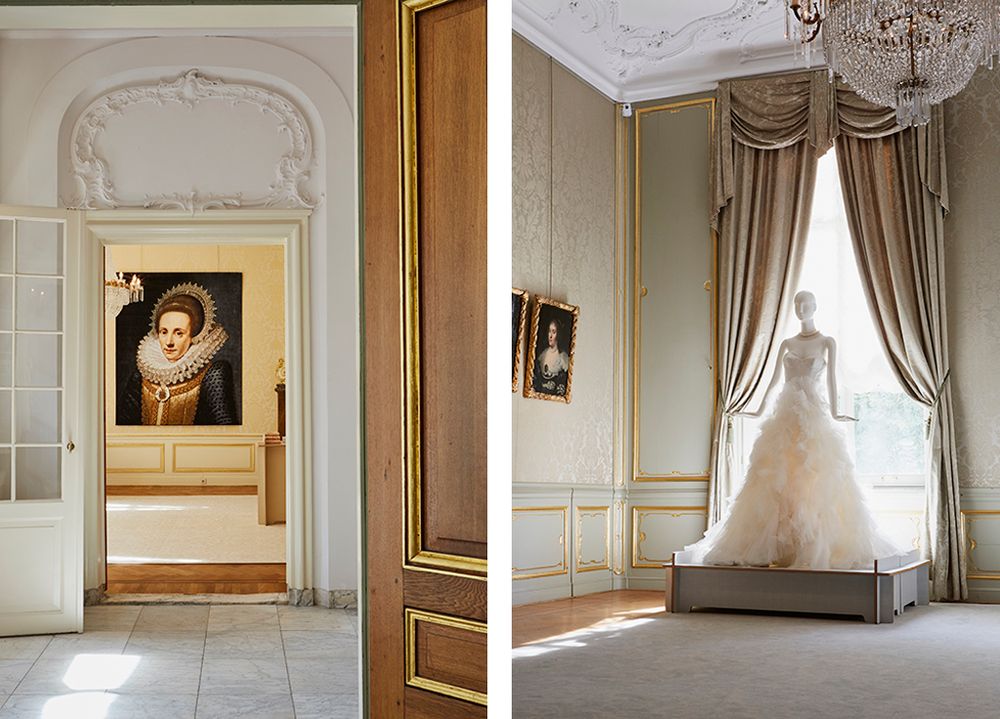
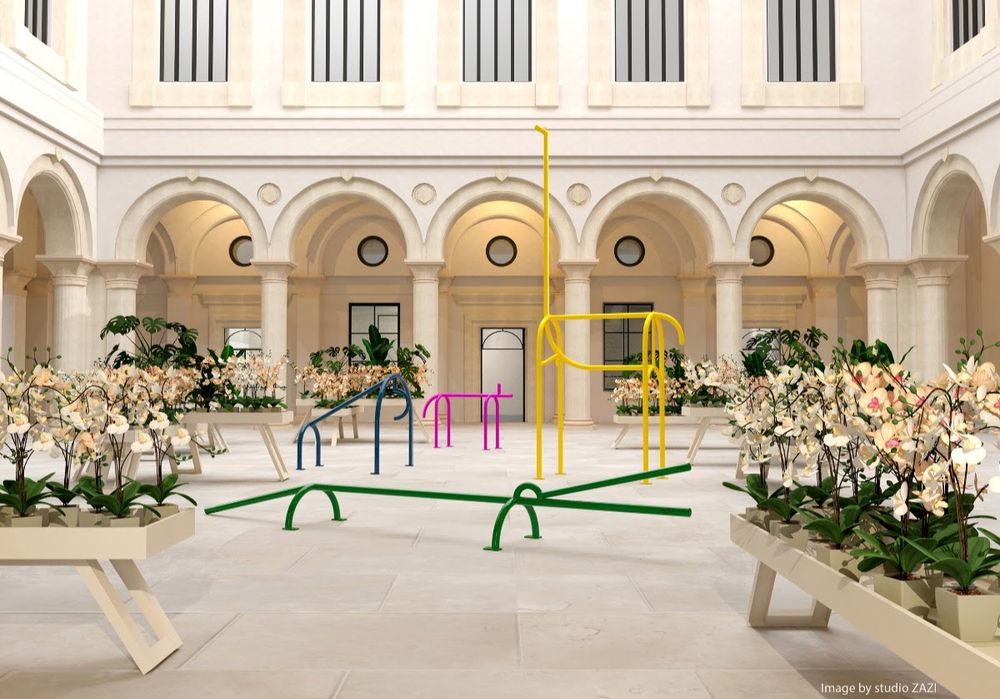
How do you encourage creativity when working with others?
NU: “To encourage creativity, I involve everyone in my vision as much as possible. I clearly communicate the end goal and instill the belief that it is achievable. I ensure that everyone understands their role and how it fits into the bigger picture. Ultimately, I aim to create an environment where everyone can shine and contribute to the project's success.”
What’s your number one piece of advice?
NU: “Start your projects as early as possible. What's done is done. Good preparation is really half the work. There are no surprises, just bad planning.”
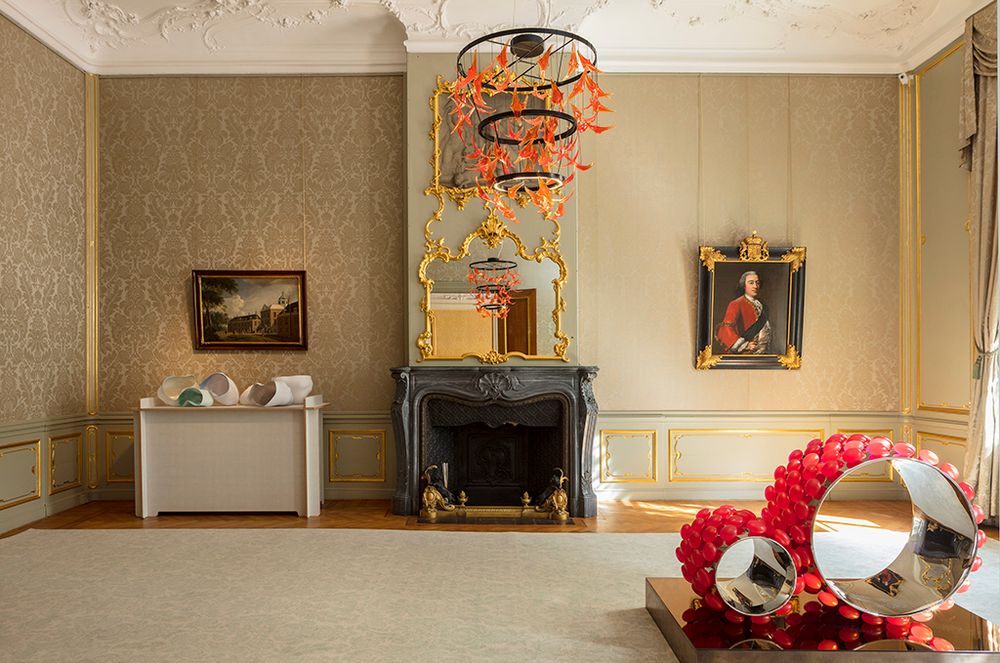

How important will creativity will be in the future?
NU: “Crucial. Certainly, with regard to the collective problems in the world, but also for problems in, for example, the government. A fresh creative look leads to new insights. Creativity and solution-oriented thinking and acting are inherently linked. Just as creativity and pragmatics go together naturally: an entrepreneur responsible for his own income sometimes has to develop a creative solution quickly.”
With Masterly you (among other things) provide a platform to craftsmen: how do you see the field of work changing as a result of the rapid developments in the field of AI?
NU: “Machines are not capable of being truly, autonomously creative. It is always dictated by people. AI is a complement to and not a replacement for. Einstein said: 'If you can't imagine it, you will never create it.' AI helps with 'imagination.' But I still see the real value in the analog, material world. That tangible remains. Craftsmanship and technology are not, by definition, each other's opposites. Reciprocity between them leads to innovation.”
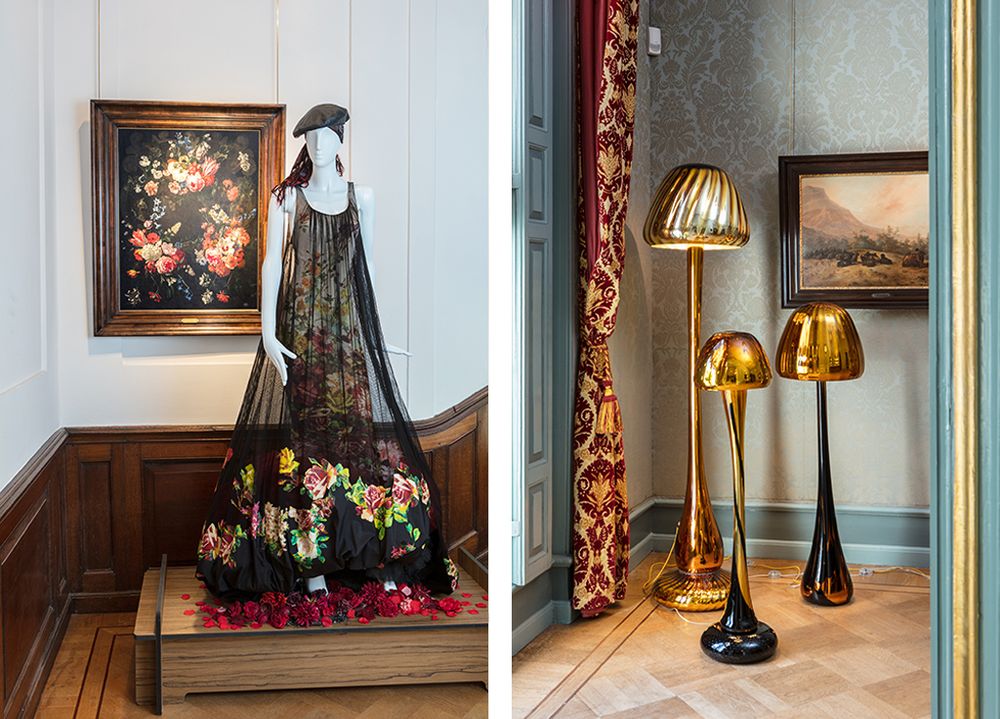
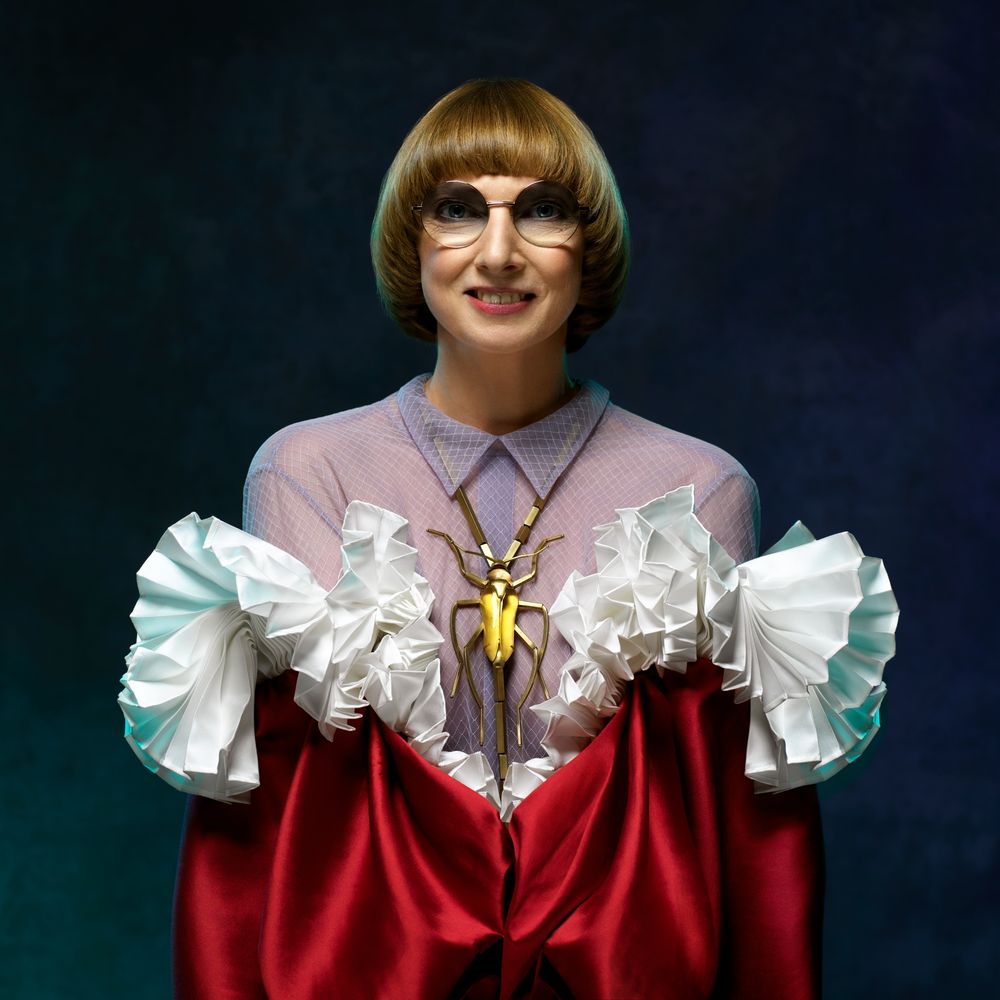
CREDITS: Photo by Renata Dutrée, Look by Edwin Oudshoorn.

Comments